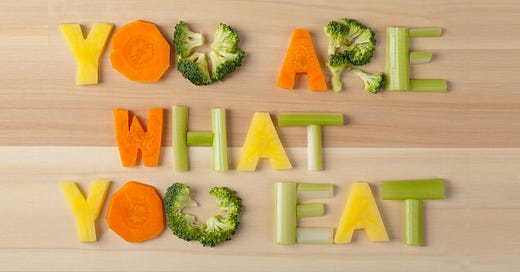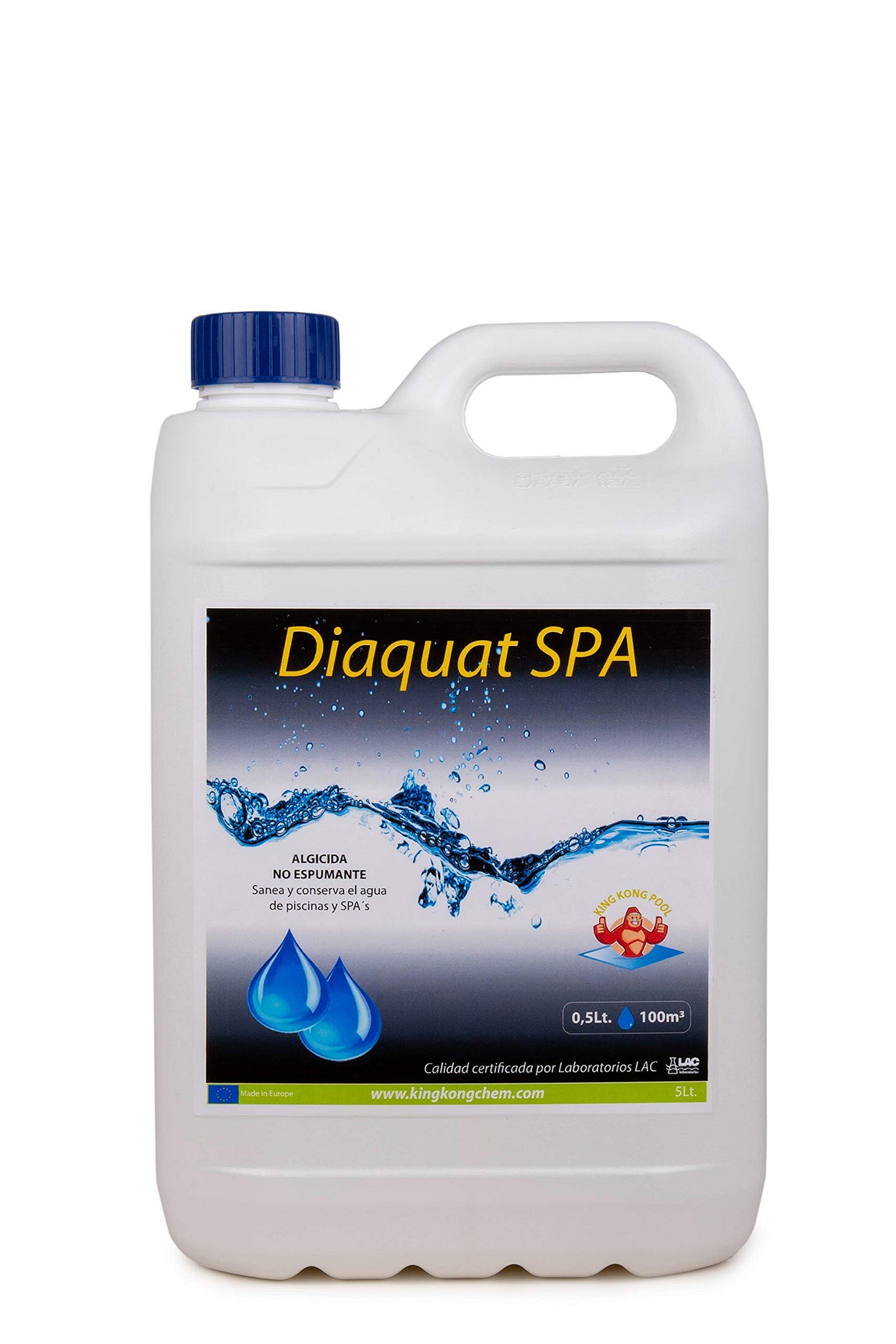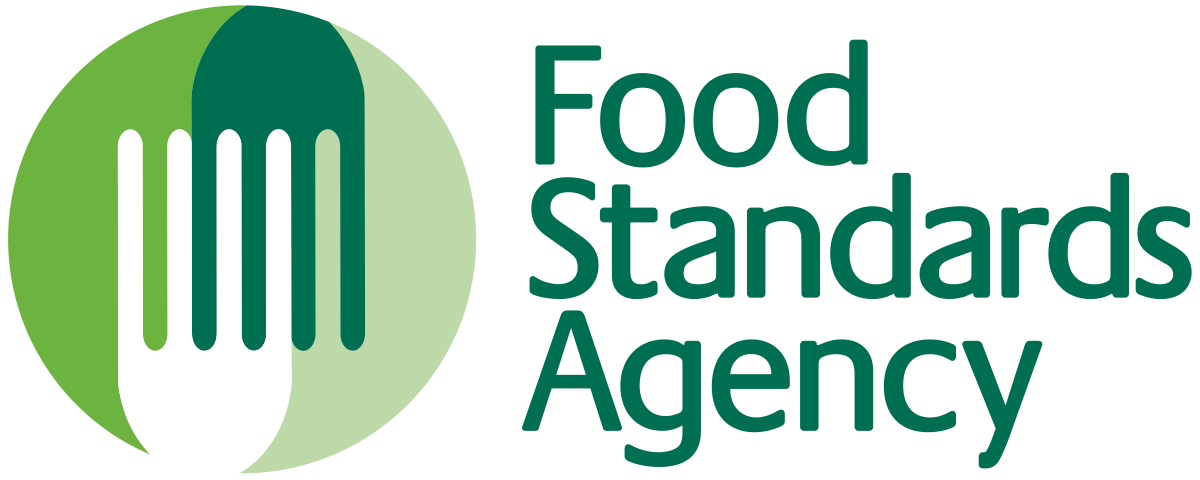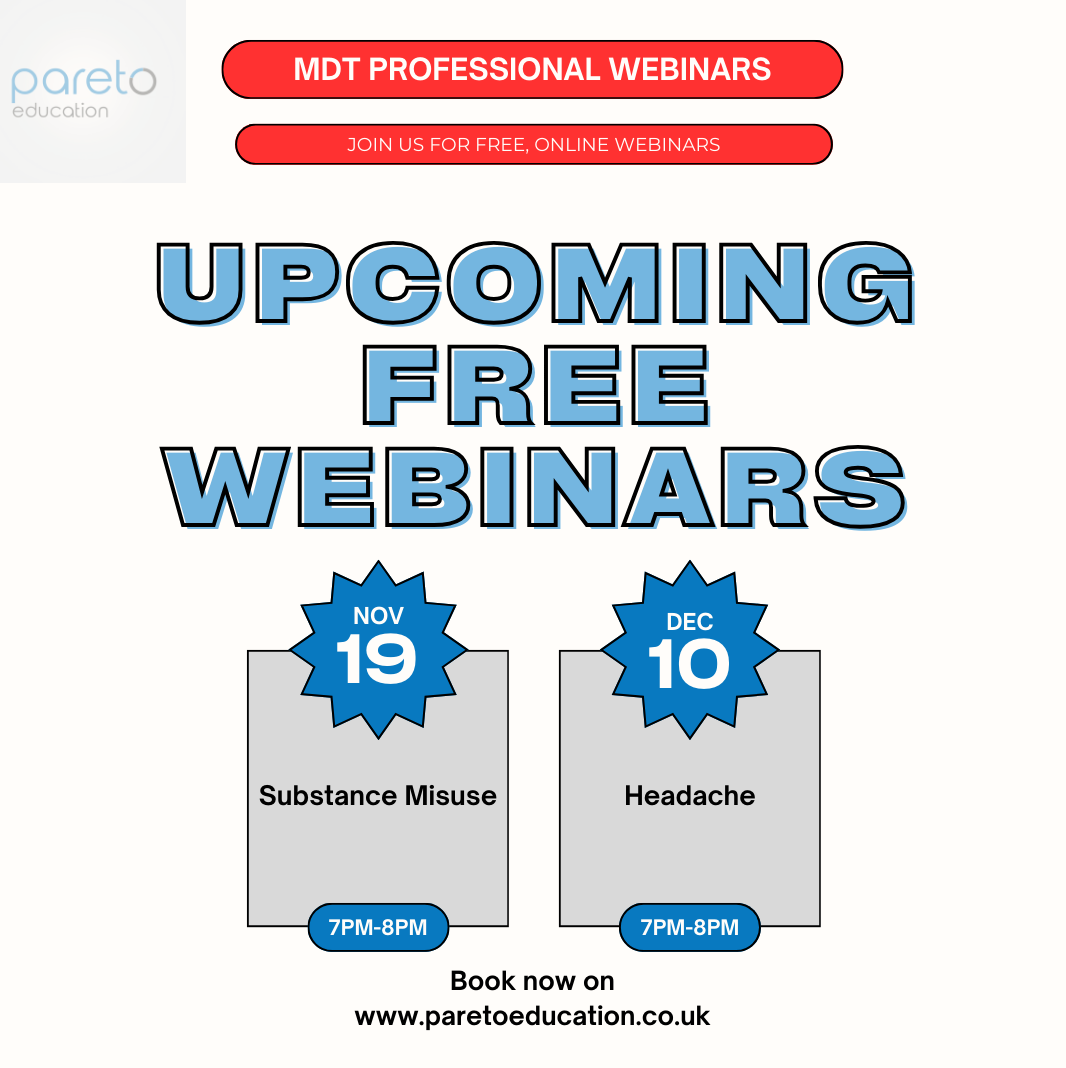My favourite clinic in general practice has to be long term conditions clinics. They’re longer (20 minutes for me), relaxed and the presentations are chronic.
Aside from having to fill in all the QoF boxes, I am often met with questions that are less to do with medication and more to do with foods, lifestyle and general health.
Some of these include:
Should I substitute sugars with sweeteners?
Should I take once a day vitamin supplements?
Should I eat organic instead of non-organic produce?
How much salt should I be eating?
Can I drink tap water?
Should I be drinking out of a plastic water bottle?
Do alphonso mangoes contain bad sugar?
Okay.. the last one was a question I had myself but I’m sure you get the point. Working in the community means that you’re the “community clinician” and therefore, able to ask the more “everyday” questions.
This week I read two articles. The first was an article about the health of people in Brazil who had consumed food containing Diquat. This is a weed killer which is banned in the UK but is legal to export. It was found that UK based companies had exported this to Brazilian consumers leading to a number of health issues.
The second article concerned the link between plastic based substances and breast cancer. Substances such as PFAS, phthalates, parabens and aromatic amine which are used to coat pots and pans, used in packaging and personal care products can result in significant health impacts including cancer. Whilst the study looked at animals and the growth of breast tumours, the results are certainly daunting.
Now aside from my wife replacing all the pots and pans in the house, you tend not to feel the immediate pinch of such substances. It takes an article or two, every now and again to make you realise that we consume a number of food items that contain plastics, preservatives and other substances which we simply have no idea about.
As clinicians we always give advice to patients regarding healthy eating and meal planning but perhaps it’s important to become more granular? Unhealthy and toxic foods are pretty common and regulation isn’t fast or thorough enough to keep track. In fact, a comprehensive piece by the BMJ commented on how companies like Kelloggs and Greggs donate millions in the form of breakfast meals for children in nursery.
Despite our efforts to keep ourselves and our children away from such foods, it always somehow comes back to get us..!
Every now and again, our solution to this is a “detox.” Unfortunately, much of this is from social media where recipes are recommended. The tricky thing with this is that it isn’t always evidence based and often such advice is funnelled into buying either a food item, drink or blender/air fryer that can make you that item.
The world has become more focused on prevention of disease vs cure and that is only a good thing. My personal reflection is that whilst we do not have the answers to the everyday questions patients ask, we should be in a position to sign post them. I personally signpost patients to the Food Standards Agency (FSA) website which is a very useful resource. As for more disease specific queries, NICE has some general guidance but the charities associated with each conditions often provide some excellent answers.
Until next time
2024 is coming to an end…
What a year it has been! Whilst we at Pareto have factored in some rest we still have some events left. Be sure to join us TOMORROW evening for a FREE webinar on headaches. We will be reviewing the latest NICE and SIGN guidance on primary and secondary headache disorders.
Website: www.paretoeducation.co.uk
Instagram: www.instagram.com/pareto_ed
Twitter: www.twitter.com/pareto_ed
Youtube: https://bit.ly/3DPm23c
Email: info@paretoeducation.co.uk







